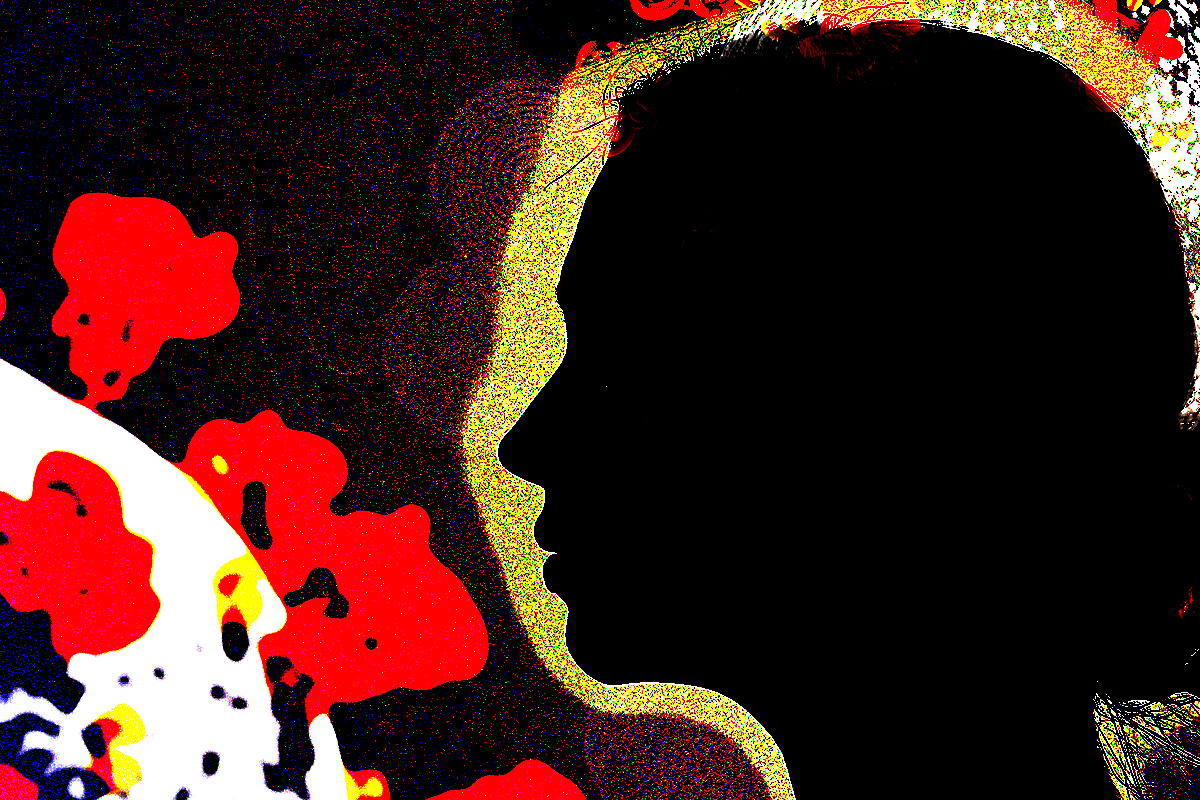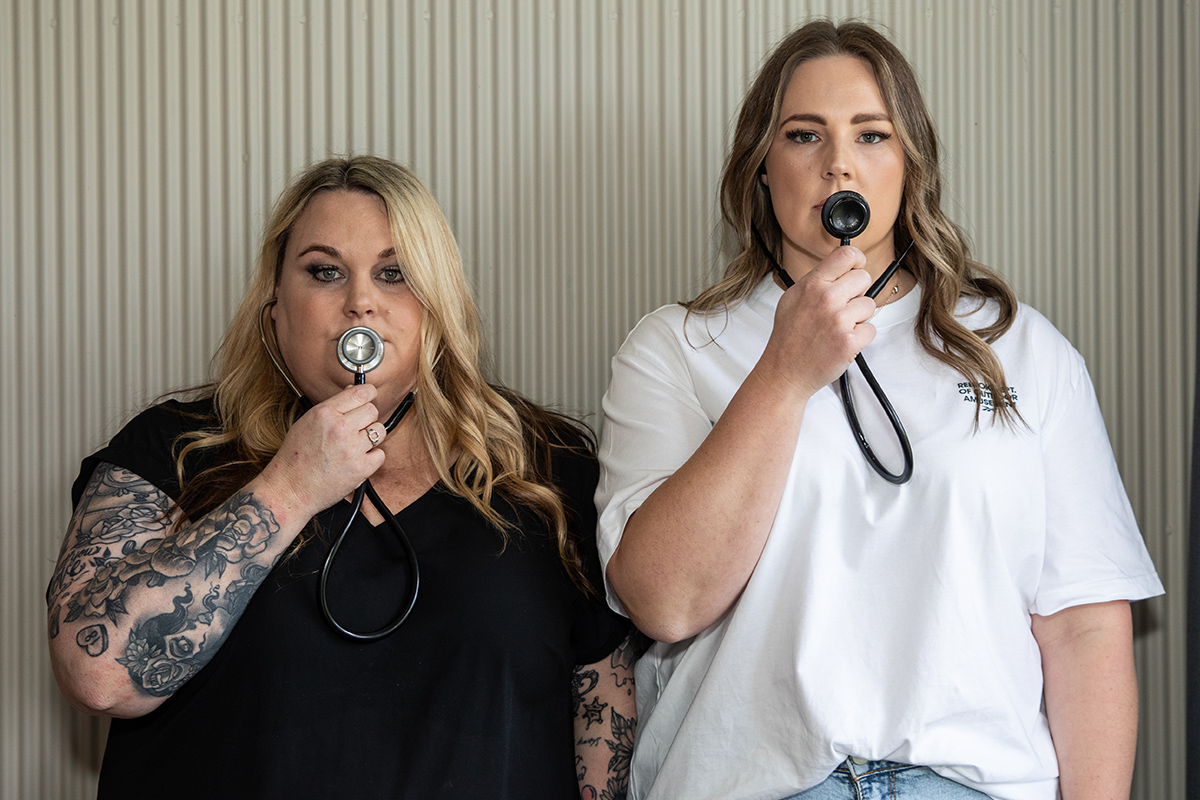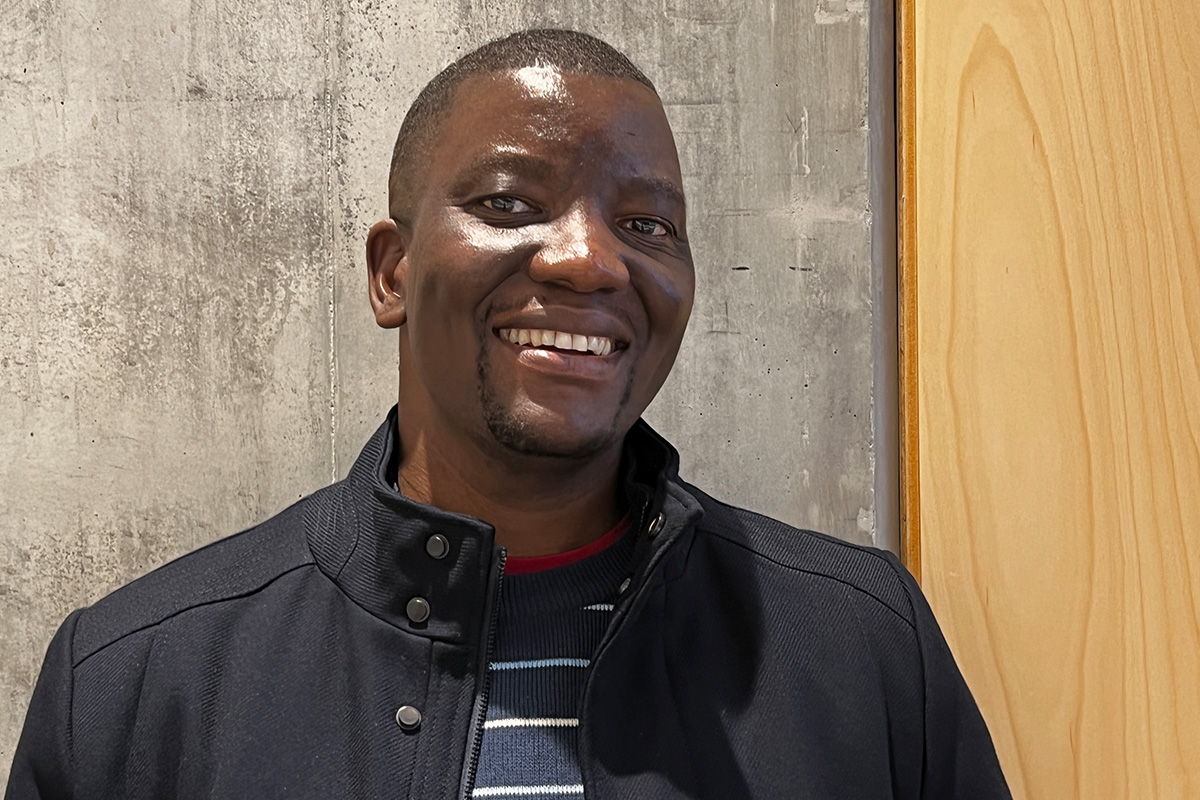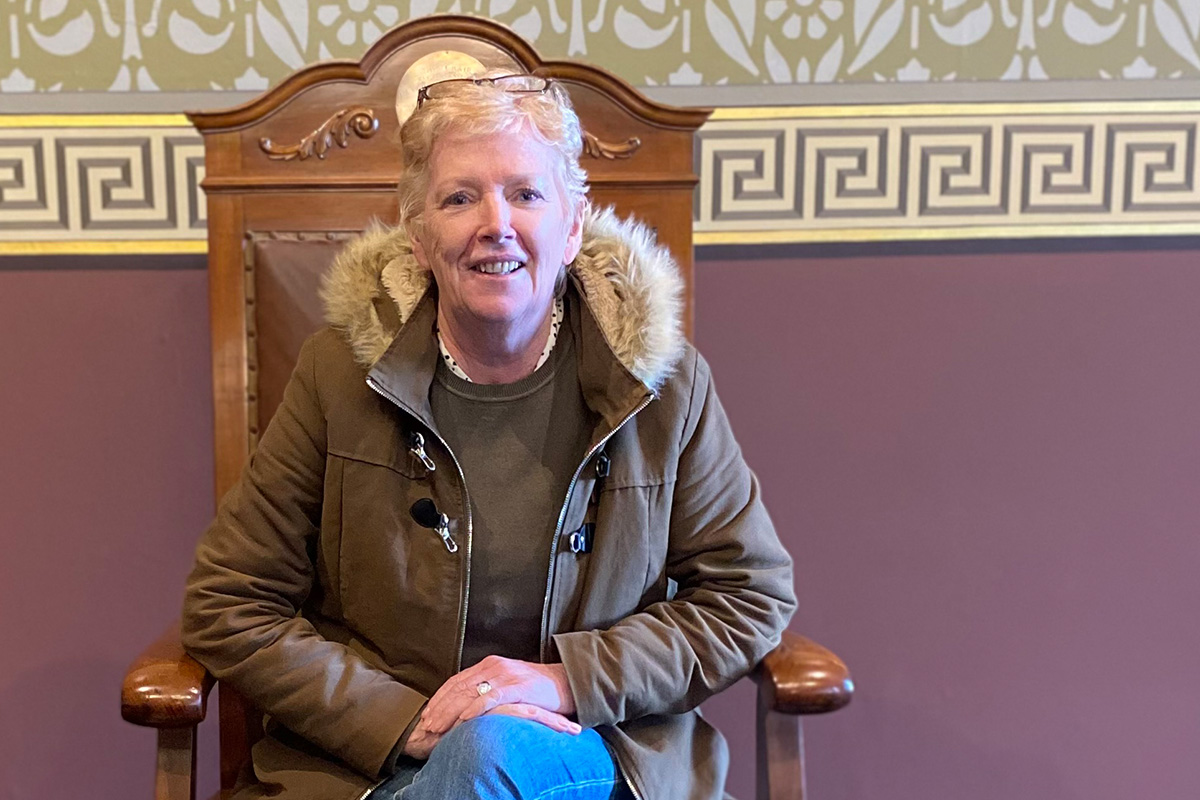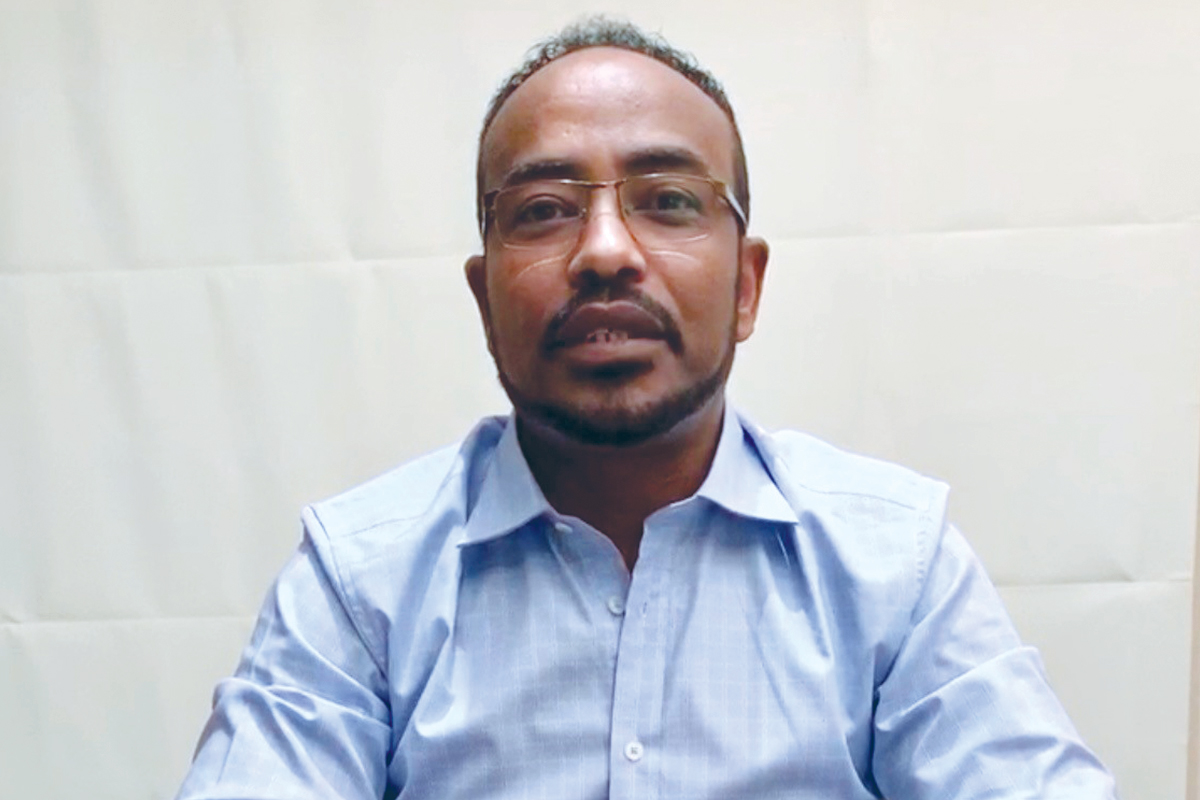
Fissaha (Fish) Gobena
After finishing high school, Fissaha (Fish) Gobena was asked to nominate what he would like to do as a career – his top choice was to become a pilot and second preference was to become a mechanic.
In what turned out to be a lucky break for him and his patients at Monash Medical Centre intensive care unit, the government in his Ethiopian homeland had other ideas; they enrolled him in a nursing course.
‘Technically I had no other option than a career in nursing as I was assigned by the government but it happened to be the best opportunity to reach my people,’ Fish said.
‘I’m very happy to get into this…I love helping people and when I see the outcome I get more satisfaction. You fix the car, you drive. It’s not the pleasure that you get when people are healed, when they’ve recovered and walk out of hospital or ICU.
‘That is a special pleasure you feel in your mind and in your heart.’
Fish is from the Oromia province of Ethiopia and identifies as being Oromo (Ethiopia’s largest ethnic group) rather than Ethiopian, because of his treatment by the Ethiopian Government and ongoing ethnic conflict.
Fish fled Ethiopia as a political refugee in 1998, going first to Nairobi and arriving in Australia in 2000 – 8 November 2000, to be precise.
‘I started real life,’ Fish says of arriving in the country that has been his home for 21 years.
The three-year nursing course Fish completed was comprehensive – it also included midwifery training – which came in handy after graduating when Fish worked in a remote area of the country.
Doctors and equipment were in short supply. This was a place ‘where you can deliver a baby with forceps and vacuum which are old and rusty enough to cause a lot of damage or serious infection but you don’t have a choice – you have to use them.’
‘You can perform minor surgeries and people are coming with a lot of injuries, animal bites, gunshot (wounds), accidents, and there’s no medical doctors around. You need to find a way to save a life, very far from a major hospital.’
It was common to treat children with malnutrition-related diseases like kwashiorkor and marasmus. Without the equipment that is normally used to provide care for these patients, Fish learned how to perform procedures that would be considered in Australia to be outside the scope of nursing practice, like the ‘cut-down’, making an incision in the skin to find a vein to insert an IV cannula.
After arriving in Australia, Fish had to complete a bridging course and occupational English test to ensure his English and nursing skills were of sufficient standard. But having worked in extreme conditions providing care for patients with serious injuries and disease, Fish completed the course ahead of schedule.
For three years, Fish worked in the gastro-colorectal ward at Monash and since 2005, Fish has worked at the intensive care unit. Having completed postgraduate study in critical care nursing and worked as an ICU clinical nurse specialist, he became an associate nurse unit manager 11 years ago.
Outside of work, Fish is busy supporting other Oromo refugees from his homeland, particularly young people, to find direction, navigate support services, and achieve their education and work goals in their adopted homeland.
‘Australia is a magnificent country when you are on the right track.
‘I would love to live in my own country but unfortunately due to ongoing civil war and increasing danger of ethnic cleansing, I cannot. My ethnic group are being persecuted just for being Oromo and are being forced to flee their homeland to save their own lives, just as I did over 20 years ago.
‘I would love the Australian Government to consider that there are a lot of talented, educated, valuable people out there looking for a peaceful life in Australia, and to consider taking more refugees.’

